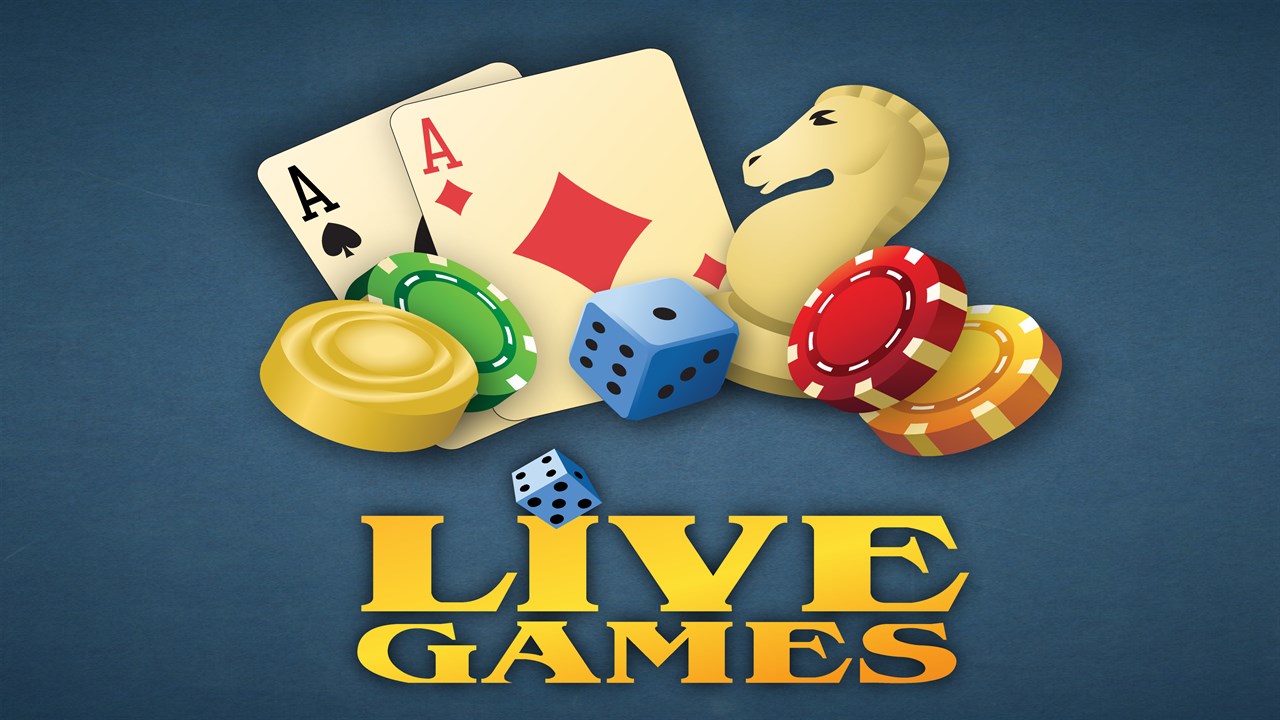In the vast landscape of digital entertainment, online gaming stands out as a realm where imagination knows no bounds. From battling mythical creatures in fantastical worlds to simulating real-life experiences with unprecedented realism, online Yolanda 77 gaming has evolved into a thriving ecosystem that captivates millions worldwide. In this blog, we embark on a journey to explore the intricacies of online gaming, delving into its immersive realms, diverse communities, and the impact it has on modern society.
The Evolution of Online Gaming
Online gaming traces its roots back to the early days of the internet when rudimentary text-based games paved the way for more sophisticated experiences. With advancements in technology, particularly in graphics and networking, online gaming underwent a metamorphosis, transcending boundaries and offering players unprecedented levels of interactivity.
The advent of massively multiplayer online games (MMOs) marked a significant milestone in the evolution of online gaming. Titles like “World of Warcraft,” “Final Fantasy XIV,” and “Guild Wars 2” introduced vast virtual worlds where players could collaborate, compete, and forge friendships in real-time. These games became more than mere entertainment; they evolved into living, breathing communities where players could express themselves, explore new identities, and embark on epic adventures together.
Immersive Realms and Boundless Creativity
One of the most alluring aspects of online gaming is its ability to transport players to immersive realms limited only by the boundaries of imagination. Whether it’s exploring a post-apocalyptic wasteland, commanding a starship in deep space, or embarking on a quest to save a fantasy kingdom, online games offer experiences that transcend the confines of reality.
The worlds crafted by game developers are meticulously designed, featuring rich lore, stunning visuals, and intricate gameplay mechanics. From the sprawling cities of “Grand Theft Auto Online” to the majestic landscapes of “The Legend of Zelda: Breath of the Wild,” each virtual realm is a testament to the boundless creativity of game developers and artists.
Moreover, the emergence of user-generated content has further expanded the horizons of online gaming. Games like “Minecraft” and “Roblox” empower players to create and share their own virtual worlds, fostering a vibrant ecosystem of player-driven creativity. From intricate architectural marvels to whimsical mini-games, the possibilities are endless, limited only by the imagination of the community.
The Rise of Esports and Competitive Gaming
While online gaming has always been a social phenomenon, the rise of esports has elevated it to new heights, transforming it into a global spectator sport. Esports tournaments attract millions of viewers worldwide, with professional gamers competing for fame, fortune, and glory in games like “League of Legends,” “Dota 2,” and “Counter-Strike: Global Offensive.”
The competitive gaming scene has not only provided a platform for top-tier players to showcase their skills but has also created lucrative opportunities for sponsors, advertisers, and content creators. Major esports events fill arenas to capacity, while online streams reach audiences spanning continents, blurring the lines between virtual and physical reality.
Community and Connection in a Digital Age
Beyond the pixels and polygons, online gaming fosters a sense of community and connection in an increasingly digital world. For many players, online games serve as a social hub where they can meet like-minded individuals, form lasting friendships, and collaborate towards common goals.
In an era marked by social distancing and isolation, online gaming has emerged as a lifeline for social interaction, providing a sense of belonging and camaraderie in virtual spaces. Whether it’s teaming up with friends for a raid in an MMO or joining forces with strangers in a battle royale game, the bonds forged through online gaming transcend geographical barriers and cultural differences.
The Impact on Society and Beyond
As online gaming continues to thrive, its impact on society cannot be overstated. Beyond entertainment, online games have been leveraged for education, training, and even scientific research. Virtual reality (VR) technologies are pushing the boundaries of immersion, offering new possibilities for education, therapy, and rehabilitation.
